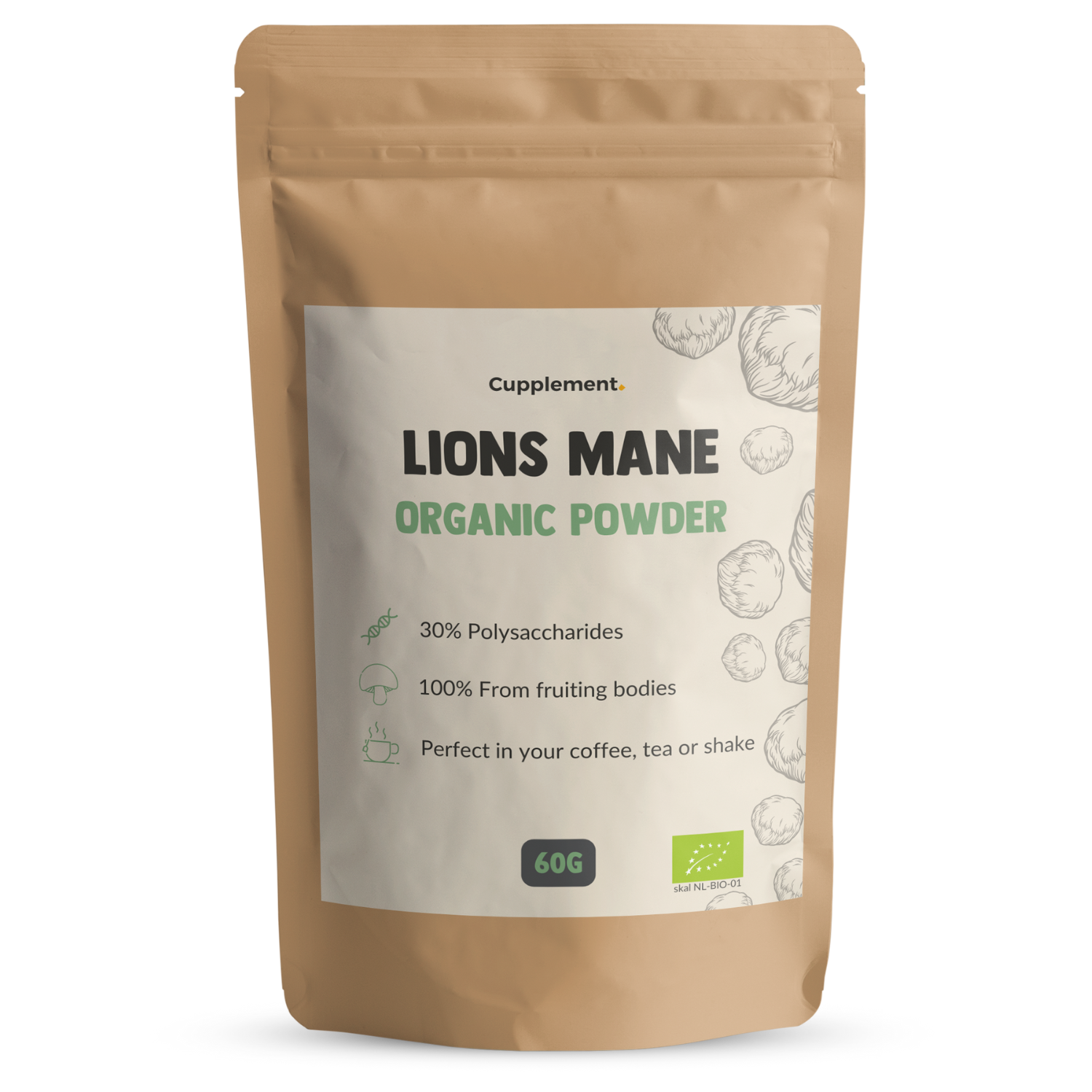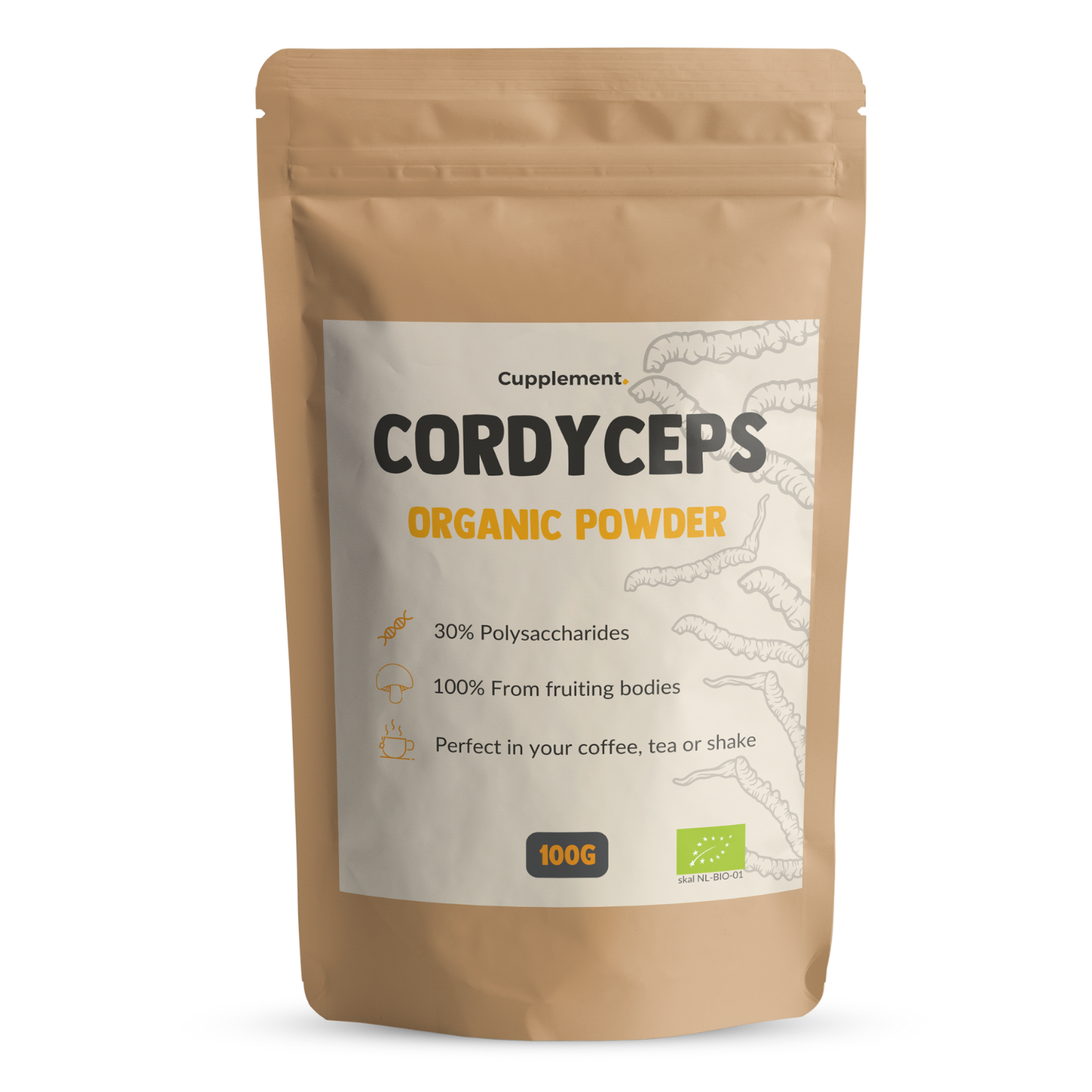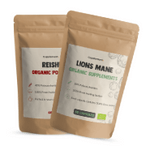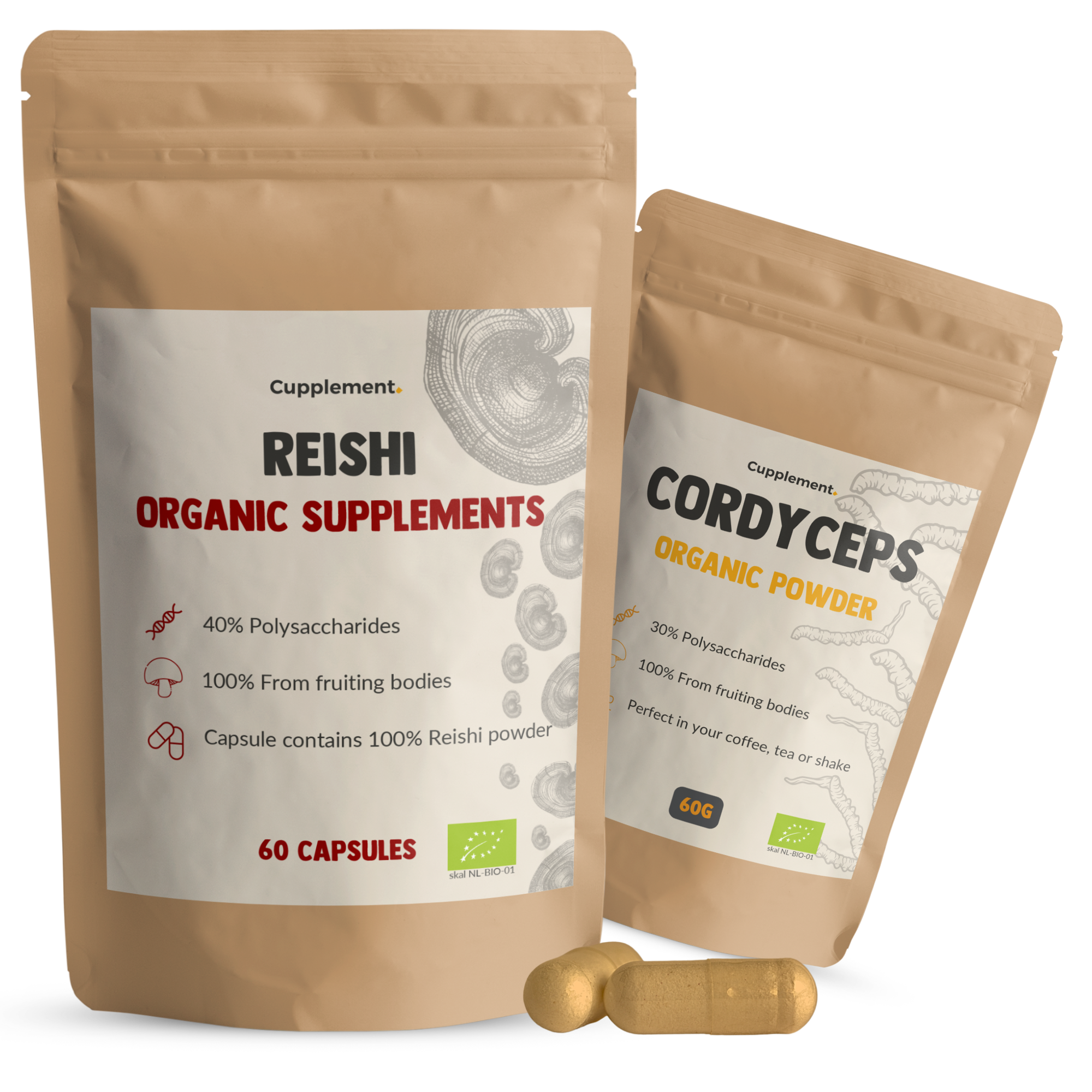
When to drink coffee: the best times for your cup of coffee, timing
That drinking coffee is good for you canhere read. And sometimes it's also good to no coffee to drink. The timing of coffee is therefore extremely important. There are three times in the day when coffee will give you the most benefits, those three moments are discussed in the fantastic article you are about to read.
When is the best time to drink coffee
For work and study
Starting at an hour before a mental effort. Your body makes adenosine < /a>on. This will make you feel drowsy and sleepy and that's where the afternoon dips come from. When adenosine arrives at the right receptor in the brain, it attaches to it and this will make you feel sluggish. Sleep helps to break down the adenosine, but coffee can also play an important role in this. The caffeine attaches itself to the same receptors as the adenosine, so that adenosine will no longer attach to it and you will therefore feel sharper and more concentrated can perform certain tasks.
Of course, the substance in the caffeine eventually disconnects from the receptor and the adenosine can still connect to it, causing the tired feeling to return. So in the end you can never prevent it except by taking an afternoon nap, but coffee will certainly put off the tired feeling by an hour. If you want a secret hack it works well to take creatine, this ensures that the caffeine stays on the receptors longer, so you can focus for a long time.
For sports
Timing tip number two, one hour before the exercise. Besides the fact that you will feel more energetic when you drink coffee, as above, there is a second advantage to drinking coffee an hour before exercising. Many studies found that drinking coffee before a workout increased the average number of reps done in a workout session. This is due to two reasons. Firstly, the caffeine ensures that the carbohydrates are converted into energy more quickly, so that you have more energy faster during your training. In addition, your body uses less glycogen during the first fifteen minutes of the training, so that you have more energy left at the end of your training and can therefore do more repetitions during your total workout.
After sports
Last timing tip is the one I'm most excited about, drinking coffee after the exercise. A study in Science daily researched a group of athletes who took both carbohydrates after exercise but one group took coffee and the other no coffee after exercise. The first hour after the coffee there seemed to be no difference but after that everything changed. Four hours after drinking the coffee, the group that drank coffee (including carbohydrates) had 66% more glycogen in the muscles. This ensures that this group would recover faster from a workout and could therefore train to the maximum more often in succession, which is a big difference.
Here are my timing tips, have fun applying them.
Popular products
-
Cupplement Frother
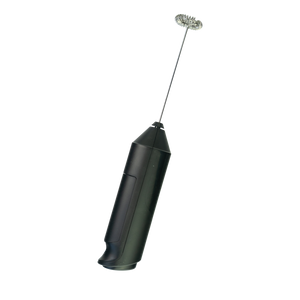
Handy frother for mixing additives to your coffee.
Order now -
Lions Mane
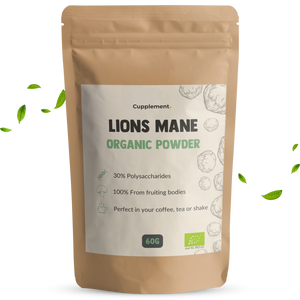
Energie
Focus
Lions Mane staat erom bekend dat het helpt je concentratie te verbeteren.*
Order now -
Matcha
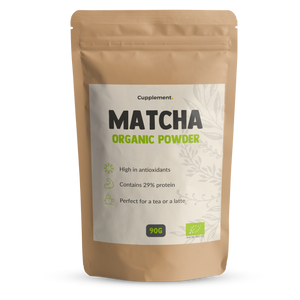
Afvallen
Energie
Weerstand
This matcha green tea powder is a powerful variant of green tea. It comes from high-quality, hand-picked leaves that are then dried and ground into a fine powder. It is suitable for cooking and baking and preparing cold and hot drinks.
Order now -
Pill box

Maak kennis met onze slanke en handige Pill Organizer – de perfecte oplossing om uw supplementenroutine te stroomlijnen!
Order now -
Mushroom complex capsules
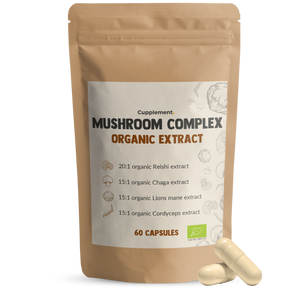
Energie
Focus
Ontdek de ultieme ondersteuning voor je algehele welzijn met ons Biologische Paddenstoelencomplex in handige capsules!
Order now -
Gourd set with bombilla
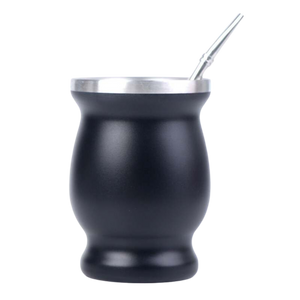
Handy frother for mixing additives into your coffee.
Order now
